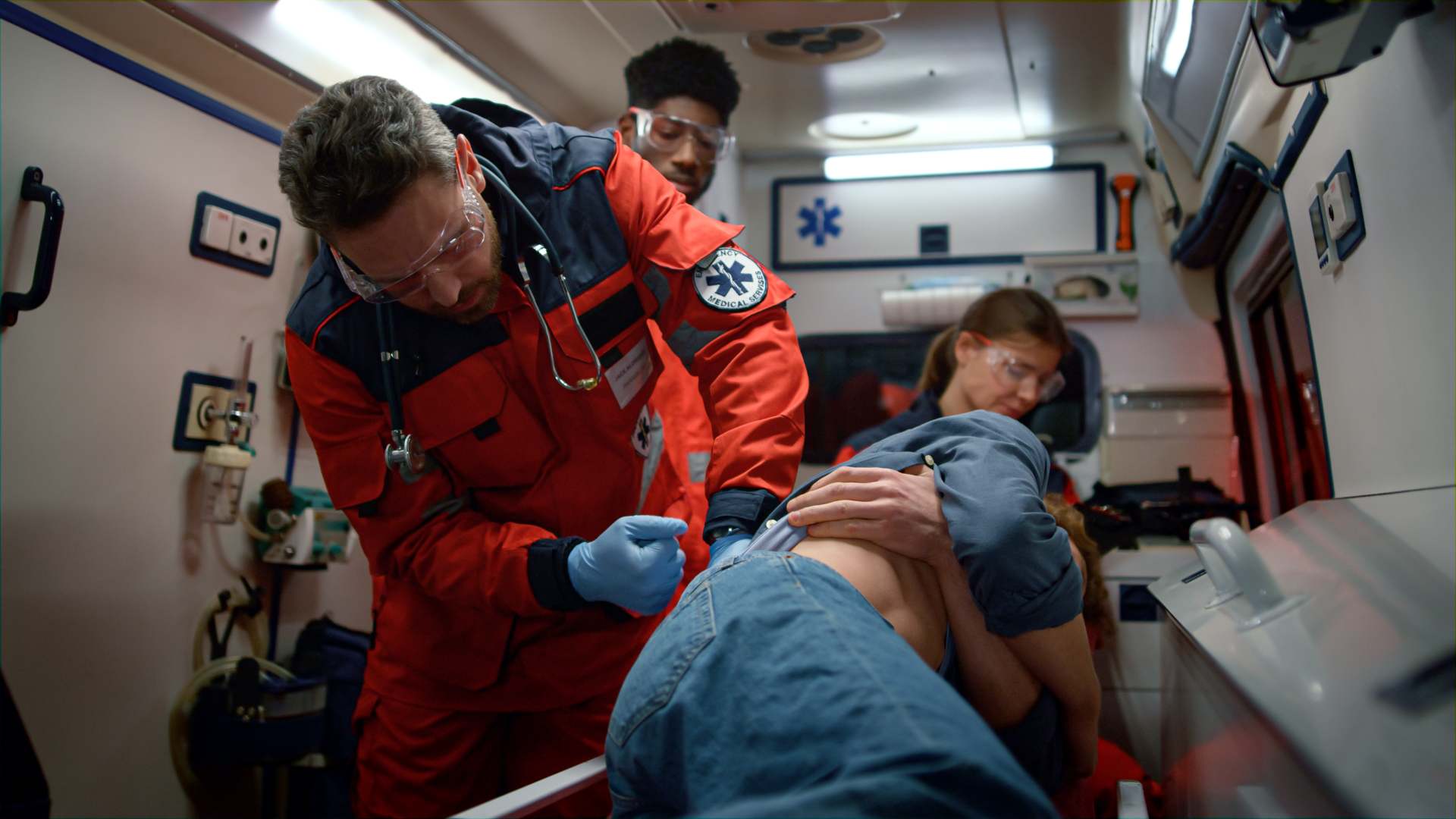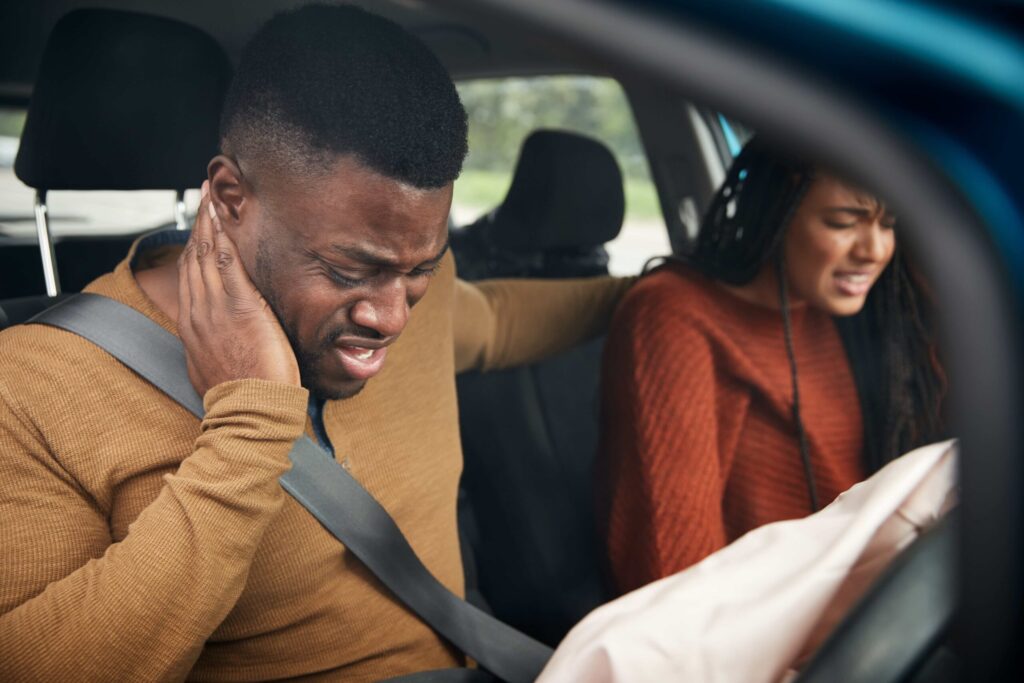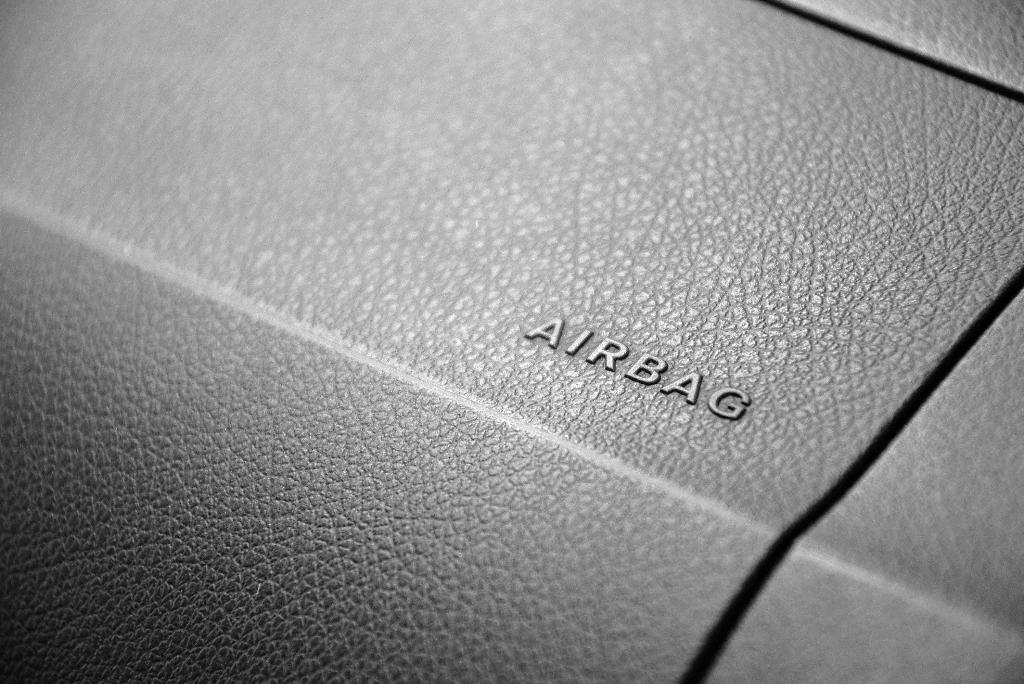Car accidents can range from minor fender benders to severe collisions. Regardless of the severity, the aftermath can be unsettling. While the damage to your vehicle is often apparent, the injuries you’ve sustained might not be as obvious. This is why early detection is crucial for a swift recovery, making a trip to a car accident clinic a non-negotiable step after any accident. What do doctors check after a car accident? Doctors typically conduct physical, neurological, and psychological assessments to determine the full extent of your damage. Read on to know more and what to expect for each examination.
Primary Assessments: Vital Signs and Physical Examination
The first step doctors take is to assess your vital signs, including blood pressure, heart rate, and respiration. These measurements provide an initial overview of your physical state. A physical examination follows, where doctors look for obvious injuries like cuts, bruises, or broken bones. This thorough check-up helps in detecting any immediate health issues that need urgent attention.
Checking vital signs is essential because abnormalities can indicate internal injuries or shock. For instance, elevated heart rates might signal stress or internal bleeding, while irregular breathing could indicate chest or lung injuries. A detailed physical examination ensures that no obvious injuries are missed, setting the stage for more specific assessments if necessary.
Neurological Evaluation: Checking for Head Injuries and Concussions After a Car Accident
Next, doctors conduct neurological assessments to check for head injuries and concussions. Car accidents can result in traumatic brain injuries, which might not show symptoms immediately. During this evaluation, doctors look for signs of confusion, memory loss, dizziness, headaches, and other symptoms related to brain injuries.
Doctors might ask you simple questions, have you follow their finger with your eyes, or perform other tasks to assess your neurological function. These evaluations are vital because early detection of brain injuries can prevent long-term complications and ensure you receive the appropriate care.
Spinal and Musculoskeletal Examination: Identifying Back and Neck Injuries
Back and neck injuries are common in car accidents due to the sudden force of impact. Doctors will carefully examine your spine and musculoskeletal system to identify issues like whiplash, herniated discs, or other spinal injuries. This involves checking your range of motion, feeling for tenderness or pain, and looking for any signs of misalignment or swelling.
Whiplash is particularly common, caused by the sudden jerking motion of the head and neck. Symptoms might include neck pain, stiffness, and headaches. Identifying these injuries early on can help in prescribing the right treatment, whether it’s physical therapy, medication, or other interventions.
Imaging Tests: X-rays, MRIs, and CT Scans for Car Accidents
When injuries are not immediately visible, imaging tests play a crucial role. Doctors might order X-rays, MRIs, or CT scans to get a clearer picture of your internal injuries. X-rays are typically used to detect bone fractures, while MRIs and CT scans provide detailed images of soft tissues, including muscles, ligaments, and internal organs.
These imaging tests are essential in diagnosing issues that a physical exam might miss. For example, an MRI can reveal herniated discs or soft tissue injuries, while a CT scan can detect internal bleeding or organ damage. By using these tools, doctors can ensure they have a comprehensive understanding of your injuries, allowing for a more accurate diagnosis and effective treatment plan.
Psychological Evaluation: Recognizing Emotional and Mental Trauma from Car Accidents
In addition to physical injuries, car accidents can have a significant impact on mental health. Doctors often conduct psychological evaluations to check for signs of emotional and mental trauma, such as Post-Traumatic Stress Disorder (PTSD), anxiety, and depression. Symptoms of these conditions may include flashbacks, nightmares, severe anxiety, and uncontrollable thoughts about the accident.
Recognizing and addressing psychological health is a crucial part of the recovery process. Emotional trauma can hinder your overall well-being and delay physical recovery if left untreated. Doctors may refer you to a mental health specialist for further evaluation and treatment, ensuring that both your physical and mental health are cared for holistically. Supportive therapies and counseling can provide the necessary tools to cope with the emotional aftermath of an accident, promoting a more complete and lasting recovery.
Follow-Up Care: Monitoring Delayed Symptoms and Ongoing Treatment

Follow-up appointments are essential in the aftermath of a car accident to monitor recovery and address any emerging or delayed symptoms. Some injuries, such as soft tissue damage or internal injuries, may not manifest immediately and can take days or even weeks to become apparent. Regular check-ups allow doctors to catch these issues early and adjust treatment plans as needed.
Continuous care plays a pivotal role in achieving a full recovery. During follow-up visits, doctors assess your progress, manage pain, and ensure that all injuries are healing properly. They might recommend physical therapy, chiropractic care, or other rehabilitative treatments to aid in your recovery. Staying engaged in your treatment plan and attending all follow-up appointments enhances your healing process and reduces the risk of long-term complications.
READ: Don’t Forget to Ask Your Doctor These 6 Questions
Why Choose AICA Orthopedics for Your Post-Accident Care?
The aftermath of a car accident can be more than just surface-level damage. While the dents and scratches are obvious, the internal injuries may not be. Pain and symptoms can emerge unexpectedly, emphasizing the importance of prompt medical care. At AICA’s Car Accident Injury Clinic, we understand the hidden toll of car accidents. Our comprehensive accident and injury center is designed to uncover and treat injuries masked by the initial shock and adrenaline, ensuring a thorough recovery and lasting relief.
Choosing AICA Orthopedics means trusting a team dedicated to your complete well-being. Our specialized car accident clinics offer a holistic approach, addressing both physical and psychological aspects of recovery. Contact us to learn more and Find the nearest Car Accident Clinic to begin your path to recovery with compassionate, professional care that prioritizes your health and healing.





